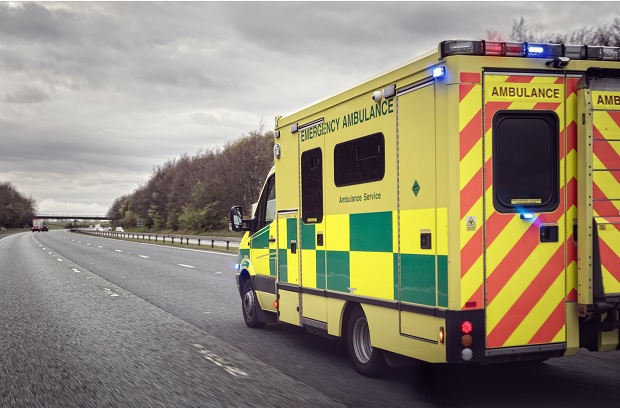The radio comms infrastructure specialist is inventing a more robust indoor network radio.
Etelm has been briefed to create a back up plan for when mobile networks fail in a disaster and first responders are stymied by a lack of information.
As part of the EU-funded Intrepid project, it is to invent new, robust network options using intelligent amplification, extended reality, smart cybernetic assistants and positioning features.
It has been named an official partner as the European Commission awards €6.8 million worth of funding for Intrepid, the project aimed to make faster safer explorations of disaster sites.
The European Commission’s Connecting Europe Facility (CEF) programme will invest €33.71 billion in transport, energy and digital infrastructure in 2021-27.The digital infrastructure part of the budget is €2.07 billion.
Etelm will be one of 17 partners from across seven European countries form the consortium now tasked with developing this specialist platform.
The Intrepid platform aims to allow first responders to get to work immediately without waiting for specialised teams or for an area to be fully secured.
Etelm will use its radio expertise to develop a tactical communication system that improves indoor and outdoor exploration. The brief is to combine deep indoor networking with new technologies like intelligent amplification, extended reality, smart cybernetic assistants and positioning features.
Radio boost to indoor coverage
It will also be work on a Tactical Range Extender system to improve the indoor coverage of large arenas, so the Intrepid network can reach areas where signal propagation is limited, in underground trains or deep indoor basements.
In a crisis, such as flood or terror attack, public operator networks are often quickly overloaded or crash entirely, explained Nicolas Hauswald, CEO of Etelm. This frequency of these events calls for a more reliable and robust comms system for first responders such as police, firefighters and rescuers.
“Through Intrepid we are looking at worst case scenario planning where we can use a variety of technologies, including the use of drones and robots,” said Hauswald. “These can then work together to support the fastest and most effective response to a crisis in even the most treacherous environments.”
Many challenges arise in the immediate aftermath of a natural or manmade disaster. First responders must make urgent decisions in large, complex and hostile areas with many unknown and unsafe spaces to explore.
The lack of reliable situation reports and deep uncertainty about the environment make rescue attempts potentially dangerous.
Mobile networks crash during disaster
In the tube bombings in London, police and firefighters delayed their help efforts after the two sides disrupted whether the railway power lines were switched off.
The lack of information could prove fatal for victims waiting to be if rescued. Advanced drones and robots could collaborate with each other with better situational awareness and onsite assistance from extended reality and intelligence amplification concepts, said Dr Olivier Balet, CS Group and project coordinator.
“First responders could gain an unprecedented head start when operating in hazardous areas,” said Balet. “Intrepid will revolutionise rescue operations and we plan to bring these innovations to the market in the next couple of years.”
This three-year long project will validate the effectiveness of its results in three iterative and complementary pilots to support the rescue operations in complex or dangerous areas to be explored.
Scenarios will include a flood in a Stockholm metro station, an industrial accident on a SEVESCO site in Marseille and a major explosion in a public building in Madrid.


